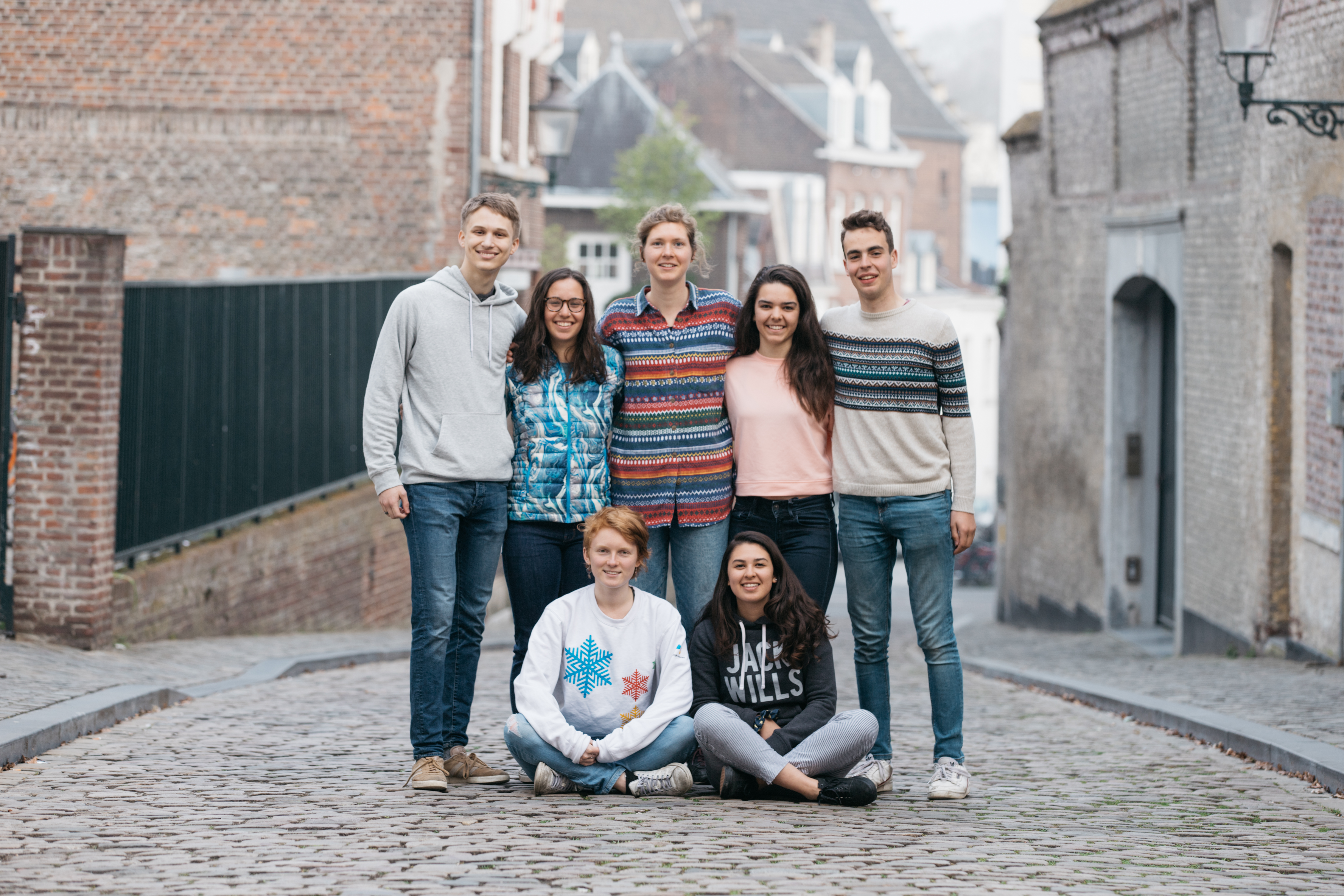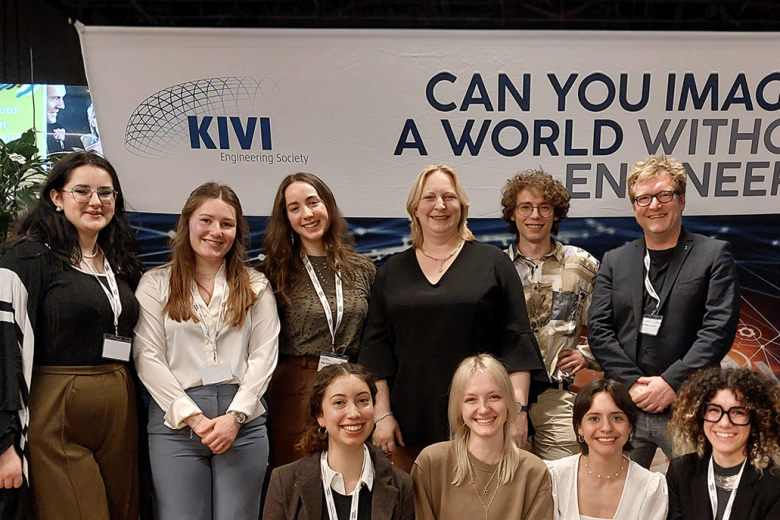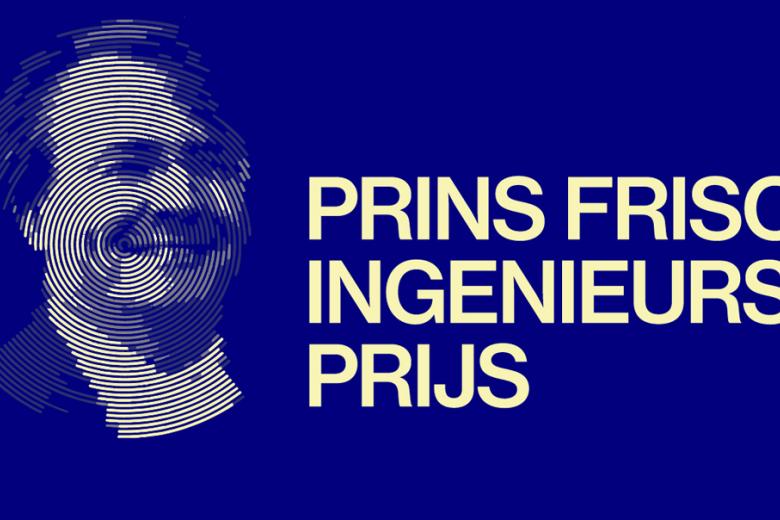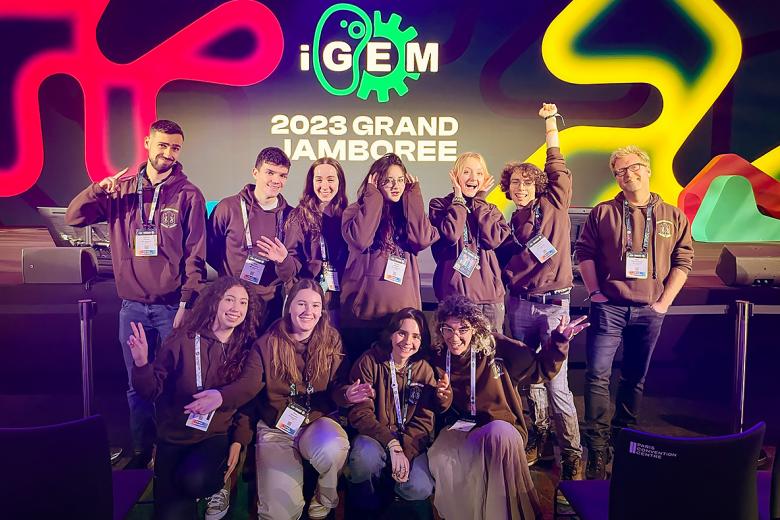Precious Plastic Maastricht – the potential of waste
Plastic is everywhere – just ask environmentalists. Or fish. Or any respectable landfill. Precious Plastic Maastricht is currently setting up a local recycling workspace that turns plastic waste into entirely new goods, such as bins, beams, 3D printer filaments, and much more.
Precious Plastic is a global community working towards a solution to plastic pollution. It all started an hour north of Maastricht in 2013, when Dave Hakkens developed a series of machines for his graduation project at the Design Academy Eindhoven. “The idea is to recycle plastic locally, to give it a new life,” explains Ezekiel Stevens, who picked up on it.
Ezekiel studies at the Maastricht Science Programme and first came across the technology behind Precious Plastic during a visit to the Dutch Design Week whilst still in high school in his native Ireland. “Plastic waste is obviously a massive problem and this seemed such a straightforward and practical solution.” When he came to study in Maastricht, he decided to pitch the idea to the student community.
“I was overwhelmed by the interest,” he remembers. The project took off rapidly; “Still, we try to make it as non-committal as possible for the volunteers – so they can pretty much do as much as they like, when they like.” His group now consists of eight coordinators and more than 60 volunteers.

Waste or resource?
Dave Hakkens’ machines are open source, i.e. he has made the plans available online free of charge, so that people everywhere can start their own local recycling centres. The machines used are fairly straight forward with step-by-step instructions online: shred the plastic up, melt it, then mould it to suit your needs. And it works: there are hundreds of Precious Plastic workspaces established across the globe.
This past March, Precious Plastic Maastricht began working in collaboration with Werkhuis and Werkgebouw to set up Maastricht’s very own plastic recycling workspace. Once the machines are built, people from the community will be able to bring their own plastic and see it become something new.
Another coordinator is Gillian Rosh, who studies at University College Maastricht with a focus on business and sustainability. “The initiative caught my eye during a brainstorming session.” Gillian quickly became involved, eager to participate and make an actual change. “People here understand the importance of sustainability, which is great – but intellectual discussions only get you so far… We want to provide creative pathways for people to get involved, to do something.” The trajectory of Precious Plastic Maastricht suggests that students are eager to roll up their sleeves. Of course, there are plenty of ways to do your part that don’t involve getting organised.
Bring your own bag & recycle
“Obviously, always bring a bag when you go shopping or do groceries. Buy produce at a market where it won’t be packaged in plastic, and buy staples in bulk, for example flour and salt at artisan bakeries.” That said, Gillian thinks leveraging consumer power and lobbying supermarkets to change their packaging policies is essential.
Recycling is another big issue. “It turns out around 90% of the students don’t understand how the recycling system works.” The municipality offers some information; additionally Precious Plastic Maastricht have teamed up with the Student Services Centre to develop a guide for (new) students. “Separating your waste makes a difference, so make use of the options on offer – you can request a green bin from the municipality, use the recycling stations, etc.”
There are seven types of plastic. On most plastic packaging, like yoghurt pots, there’s a little triangle made of arrows with a number in it, which tells you what kind of plastic it is. It’s crucial to have separated, uncontaminated plastic if you want to recycle it, so make sure you clean it and only put plastic in the correct recycling containers – otherwise the municipality will be fined, and the plastic will be incinerated or put into a landfill.
Mass Maas Clean-up
The team is organising a sustainability festival funded by Code043’s Build Your City Project. At the Mass Maas Clean-up, on 15 June 2019, students and locals will collect plastic waste and witness a localised recycling process. In an effort to bring the community together and raise awareness of sustainability issues, they will organise workshops, an information market and live music.
In the meantime, Precious Plastic Maastricht is looking for volunteers with skills in organisation, PR, education, engineering – as well as a thing for plastic. As Gillian mentions: “It’s an amazing material – if anything, I’ve learnt to appreciate it more.”
Also read
-
Prince Friso Engineering Award: UM wins both public prizes
Kim Ragaert and SublimeStone students won the public's awards given out during the Engineer of the Year contest. This triumph as well as the nomination of both, by the Royal Netherlands Society of Engineers, demonstrates that Maastricht University, particularly its only five-year-old Faculty of...

-
Champions of change: Vote Maastricht engineers to the top
The Royal Netherlands Society of Engineers has nominated engineer Kim Ragaert and student team SublimeStone for the award of best Dutch engineer and best Dutch student team in 2024. Both are among the last three finalists in their respective categories. Do you want the best engineers to win? Now is...

-
Maastricht University science students win gold at the international iGEM competition
How do you fix a crack in limestone, such as mergel? Well, simply ask some bacteria to do it for you. In short, this is the goal 11 students from Maastricht University set themselves to do. They succeeded and ended up in the TOP10 best undergraduate projects competing in the iGEM competition. For...
